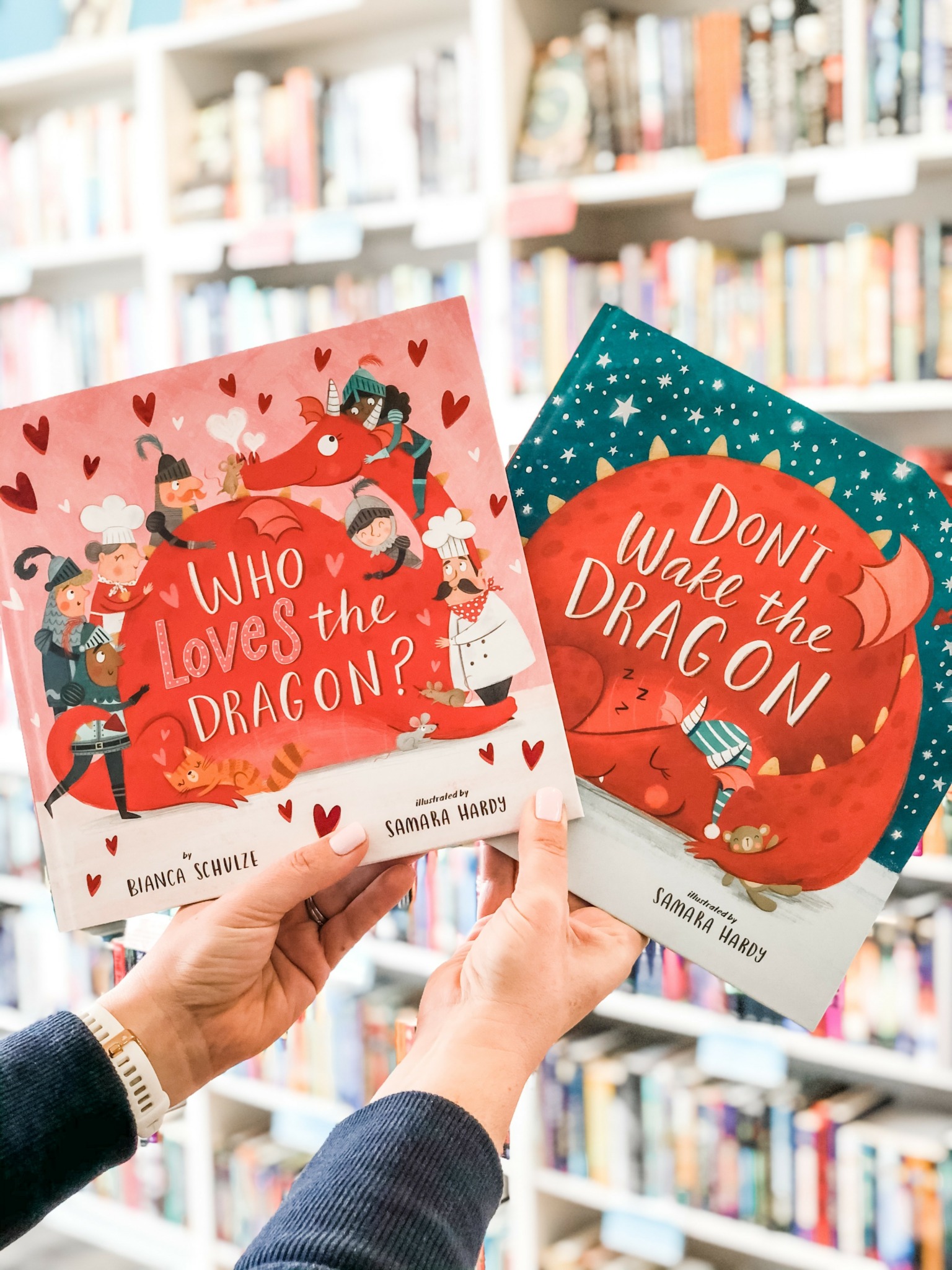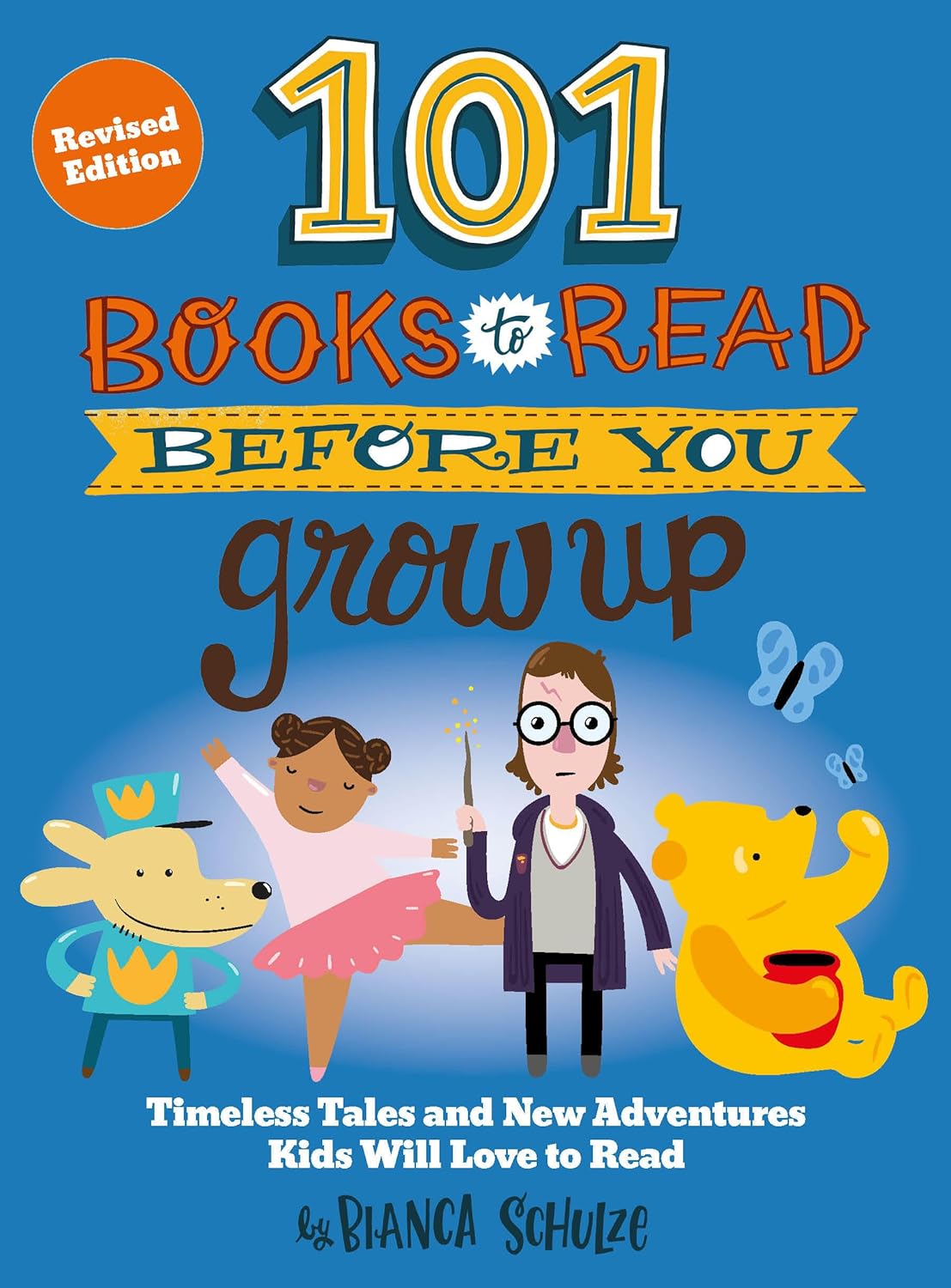We recently connected with Bianca Schulze and have shared our conversation below.
Bianca, appreciate you joining us today. How did you learn to do what you do? Knowing what you know now, what could you have done to speed up your learning process? What skills do you think were most essential? What obstacles stood in the way of learning more?
My journey into children’s literature wasn’t planned or linear. As a reluctant reader myself growing up in Sydney, I never imagined I’d become an advocate for children’s books! But looking back, I can see how my path unfolded naturally through passion and circumstance.
I learned by doing. In 2008, while working as a bookseller in Washington, DC, I started The Children’s Book Review blog simply to share books I loved. That hands-on experience of connecting with readers, reviewing countless books, and eventually interviewing authors taught me more than any formal training could have. Each book I reviewed was a lesson in storytelling, illustration, and what resonates with young readers.
If I could speed up my learning process, knowing what I know now:
I wish I had trusted my own voice sooner, while still embracing my passion for amplifying others. Looking back, I recognized the value in my experience as a reluctant reader—I knew it gave me insights that natural bookworms simply don’t have. I understood firsthand the barriers that keep some children from connecting with books. But despite seeing this value, I doubted myself.
For too long, I second-guessed whether my perspective truly mattered, even as I found fulfillment in promoting others’ work. The insight was there, but confidence lagged behind. I questioned whether my struggles could become meaningful books that might reach children like my younger self, when deep down I already knew there was room for both roles in my journey.
I also wish I had connected with the children’s literature community earlier. The relationships I’ve built with fellow authors, illustrators, and literacy experts through my podcast (The Growing Readers Podcast) and SCBWI have been transformative. These connections provided both practical knowledge and emotional support that helped me overcome that self-doubt in ways I couldn’t have managed alone.
My unique viewpoint wasn’t something I failed to see—it was something I hesitated to fully embrace. Doubt was what held me back. Don’t wait for permission or perfect certainty—just start creating now. Your story needs to be told, and there are children waiting to hear exactly what only you can write.
The most essential skills in my journey have been:
Empathy and observation. Understanding what captivates different types of young readers requires genuinely seeing the world through their eyes. My own children have been my greatest teachers here, showing me in real time how they respond to different stories and formats.
Persistence and adaptability. Building The Children’s Book Review into what it is today while simultaneously pursuing my own writing career and raising a family required flexibility and determination. The publishing world constantly changes, and being able to pivot while staying true to my core mission has been crucial.
Authenticity. It has been essential for me to learn to trust my instincts about what makes a good children’s book rather than following trends or formulas. This authenticity connects with readers in a meaningful way, whether I’m reviewing books or writing my own.
The biggest obstacles in my learning journey:
Time management has been my greatest challenge. Balancing family life with creative work is an ongoing struggle. Brilliant story ideas don’t always align with dedicated work time! Learning to capture inspiration efficiently and create realistic work schedules around family responsibilities has been a constant learning process.
Self-doubt also created obstacles, particularly when transitioning from reviewer to author. Despite having read thousands of children’s books, taking the leap to create my own required overcoming significant impostor syndrome.
What I’ve ultimately learned is that my work is at its best when my professional knowledge and personal experiences merge. Having been that child who struggled to find joy in reading, I understand deeply how important it is to create stories that truly engage young minds. That understanding—more than any technical skill—has been the foundation of everything I do.
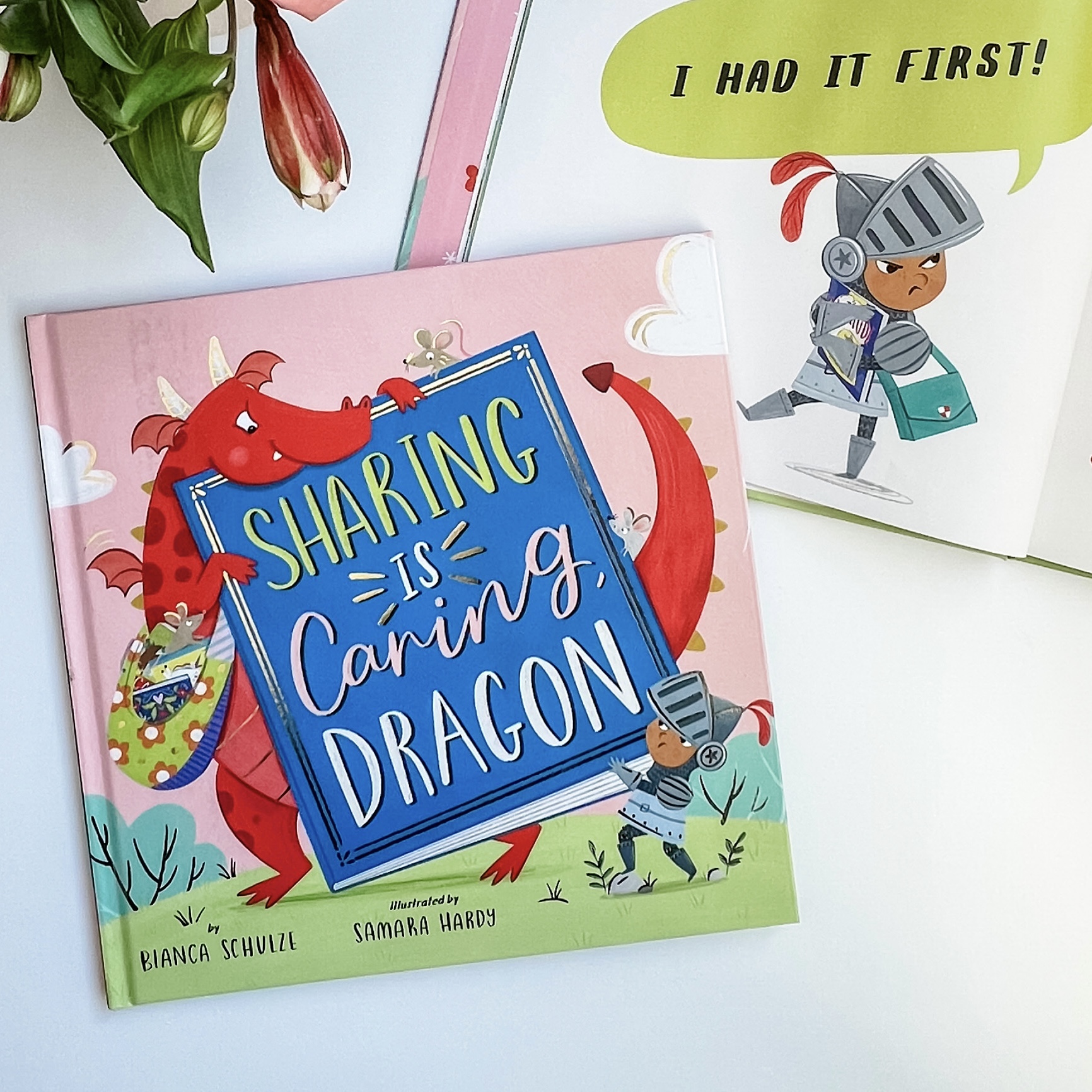
Awesome – so before we get into the rest of our questions, can you briefly introduce yourself to our readers.
I’m Bianca Schulze, founder and editor of The Children’s Book Review, host of The Growing Readers Podcast, and author of the DON’T WAKE THE DRAGON series, CATTITUDE, and 101 BOOKS TO READ BEFORE YOU GROW UP. Originally from Sydney, Australia, I now call Colorado home, along with my family who inspires my creative work daily.
My journey began in 2008 while working as a bookseller in Washington, DC. Witnessing the transformative connection between children and “the right” books inspired me to start The Children’s Book Review as a blog. What began as a passion project has evolved into a comprehensive platform supporting literacy and literature through multiple channels:
The Children’s Book Review provides thoughtful reviews, curated reading lists, author interviews, and literacy resources for families and educators seeking to match young readers with books that ignite their specific interests. TCBR has become a platform not just for my voice but for amplifying diverse creators in children’s literature. Through our specially curated reading lists highlighting underrepresented voices and perspectives, we’re working to ensure all children can see themselves reflected in the books they read.
The Growing Readers Podcast explores creativity, the writing process, and approaches to nurturing readers through conversations with authors, illustrators, and literacy experts. These discussions go beyond books to address the broader landscape of children’s literature and reading engagement.
As an author, I create interactive books that transform reading into an active experience. The DON’T WAKE THE DRAGON series invites children to participate in the story through actions and imagination, while 101 BOOKS TO READ BEFORE YOU GROW UP offers a curated journey through diverse genres and authors.
Through workshops, school visits, and speaking engagements, I share practical strategies for engaging young readers with schools, libraries, and literary organizations—all tailored to various audiences from children to educators.
Having immersed myself in children’s literature for over fifteen years—reviewing thousands of books and interviewing countless creators—I’ve developed a unique perspective that bridges the gap between reviewing and creating. This dual role gives me insight into both the creative aspects of storytelling and the practical realities of publishing.
My experience has shown me that connecting children with the right books requires understanding their individual preferences rather than prescribing universal reading lists. Each recommendation and creation is guided by considering: Will this spark imagination? Will it resonate emotionally? Will it open new worlds of understanding?
The most rewarding aspect of my work comes through specific moments of connection—like hearing from teachers who used my dragon books to transform their classrooms’ reading time from a struggle to a celebration, or receiving photos from parents in Greece showing their children engaged with translations of my stories.
Looking forward, I’m expanding my impact through new initiatives including:
A forthcoming project on practical strategies for social-emotional skills
A series of virtual webinars for the Rocky Mountain chapter of SCBWI, connecting authors directly with the best creators in the industry
My commitment remains steady through all these efforts: to preserve the joy of reading in a world increasingly focused on metrics and outcomes. Because when a child discovers that one perfect book that speaks to their heart, it opens not just a story but a lifetime of stories waiting to be discovered.
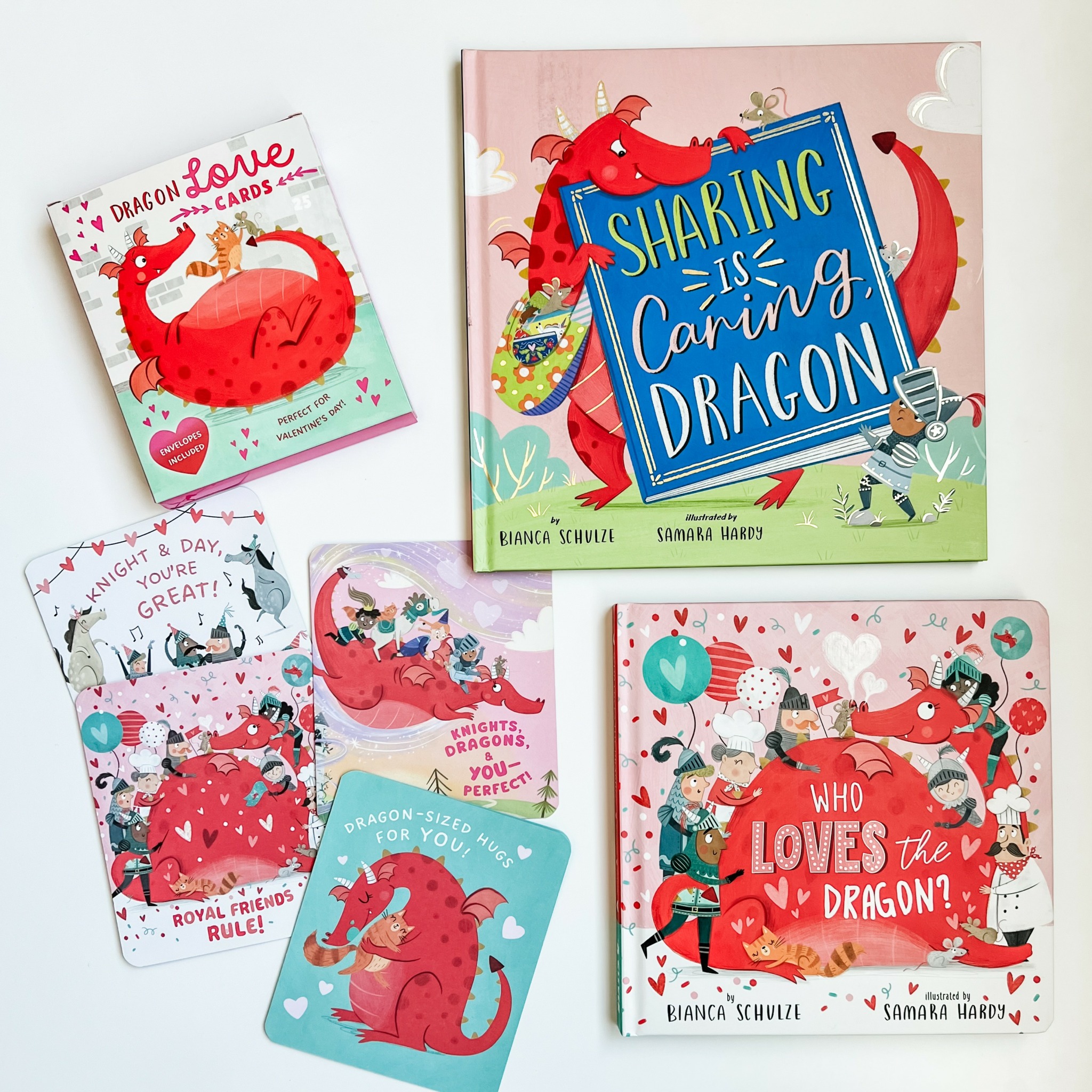
What can society do to ensure an environment that’s helpful to artists and creatives?
First, we need to properly value creative work—not just with appreciation but with fair compensation—this means paying adequately for creative services, respecting intellectual property rights, and understanding that creative work requires significant time, expertise, and resources.
Building supportive infrastructure is equally important. This includes accessible education and mentorship that doesn’t require financial privilege, community spaces like libraries and arts centers where creators can work and connect, and professional organizations that advocate for creatives’ interests. Organizations like SCBWI exemplify this in my field, offering resources that help creators navigate the publishing landscape at all stages.
We must create inclusive pathways to creative opportunities by dismantling gatekeeping systems, implementing programs that address historical inequities, and providing financial support structures that make creative careers accessible to those without safety nets. When we make space for diverse voices in children’s literature, the entire field becomes richer and more meaningful for young readers.
Society should embrace the public value of creativity by recognizing arts education as essential to developing critical thinking and empathy, supporting public funding for the arts as an investment in community wellbeing, and acknowledging that creativity drives innovation across all sectors. We need to work to reform systems that undermine creative sustainability, including addressing healthcare challenges for freelancers and creating tax structures that acknowledge the unique financial realities of creative work.
Finally, we should celebrate creativity in daily life by valuing creative thinking from early childhood onward, integrating arts into community spaces, and recognizing that creativity isn’t a luxury but a fundamental human capacity. Communities that embrace creativity as a core value tend to support not just individual creators but a self-sustaining ecosystem where creative work can flourish.
The most vibrant creative ecosystems arise when we recognize that creativity isn’t separate from “real life” but integral to understanding ourselves better and imagining new possibilities for our shared future.
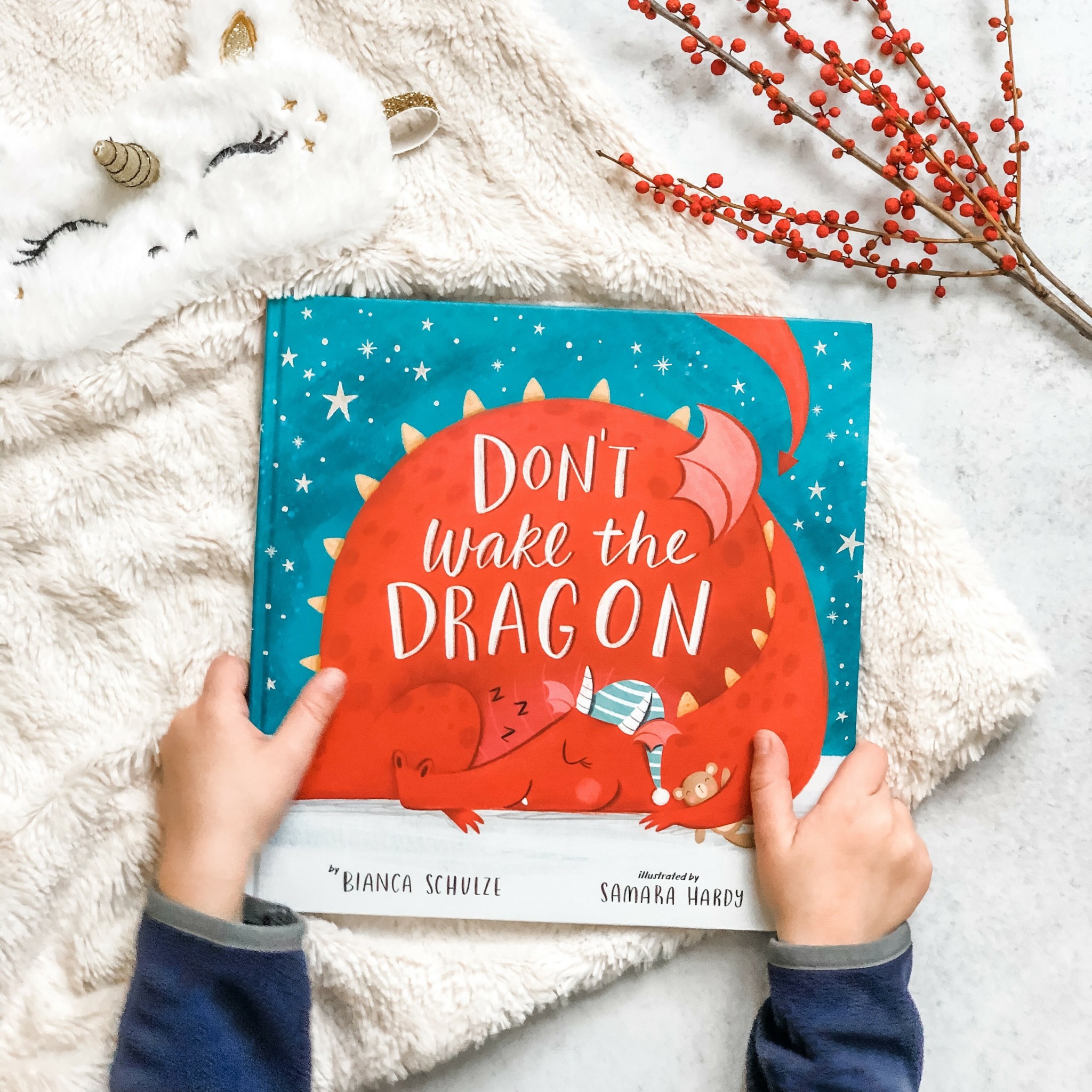
Any resources you can share with us that might be helpful to other creatives?
I encourage emerging creatives to seek out supportive structures early rather than trying to navigate everything independently. The right resources don’t just provide information; they help creatives build artistic skills, business acumen, and support networks necessary for long-term success.
I wish I’d known about the Author’s Guild much earlier in my career. Their membership has been transformative for me in two critical ways. First, their legal advice on navigating and negotiating contracts opened my eyes to the business side of creativity and helped me properly value myself and my work. Second, they collectively serve as powerful advocates for writers, particularly in tackling the book-banning challenges our country faces today. I believe anyone in the publishing industry should seriously consider this membership—it’s an investment that pays dividends both professionally and in supporting the larger fight for literary freedom.
Contact Info:
- Website: https://www.biancaschulze.com/
- Instagram: https://www.instagram.com/thechildrensbookreview/
- Facebook: https://www.facebook.com/biancaschulzewriter/
- Linkedin: https://www.linkedin.com/in/biancaschulze/
- Twitter: https://x.com/TCBRbookreview
- Other: https://www.thechildrensbookreview.com
